

1:00 - 1:25pm (GMT)
Introductions from Martyn Dade-Robertson & Meng Zhang, Hub for Biotechnology in the Built Environment, Newcastle & Northumbria University (UK)
Daniel Grushkin, Biodesign Challenge (USA)
SESSION 1
1:25 - 2:15 pm (GMT)
Culina, 2020 BDC Student Team from the Hub for Biotechnology in the Built Environment (UK)
Marcos Cruz & Brenda Parker, Bio-ID, University College London (UK)
Carolina Obregon & Giovanna Danies Turano, Universidad de los Andes (Columbia)
SBARK - Shield of Spruce, 2020 BDC Student Team from Aalto University (Finland)
10 min break
SESSION 2
2:25 - 3:15 pm (GMT)
Svenja Keune, Swedish School of Textiles (Sweden)
Minima, 2018 BDC Student Team from École Boulle & CRI (France)
Clemens Winkler, Humboldt University of Berlin (Germany)
Cyanobiome, 2019 BDC Student Team from Zurich University of the Arts (Switzerland)
10 min break
SESSION 3
3:25 - 4:30 pm (GMT)
Anastasia Pistofidou, Institute for Advanced Architecture of Catalonia, FabLab Barcelona, FabTextiles (Spain)
Eric Klarenbeek, ArTechLab Founder (Holland)
Closing Comments from Martyn Dade-Robertson & Meng Zhang, Hub for Biotechnology in the Built Environment, Newcastle & Northumbria University (UK)
Discussing the Future & Governance of our European Hub
To be facilitated by Martyn Dade-Robertson

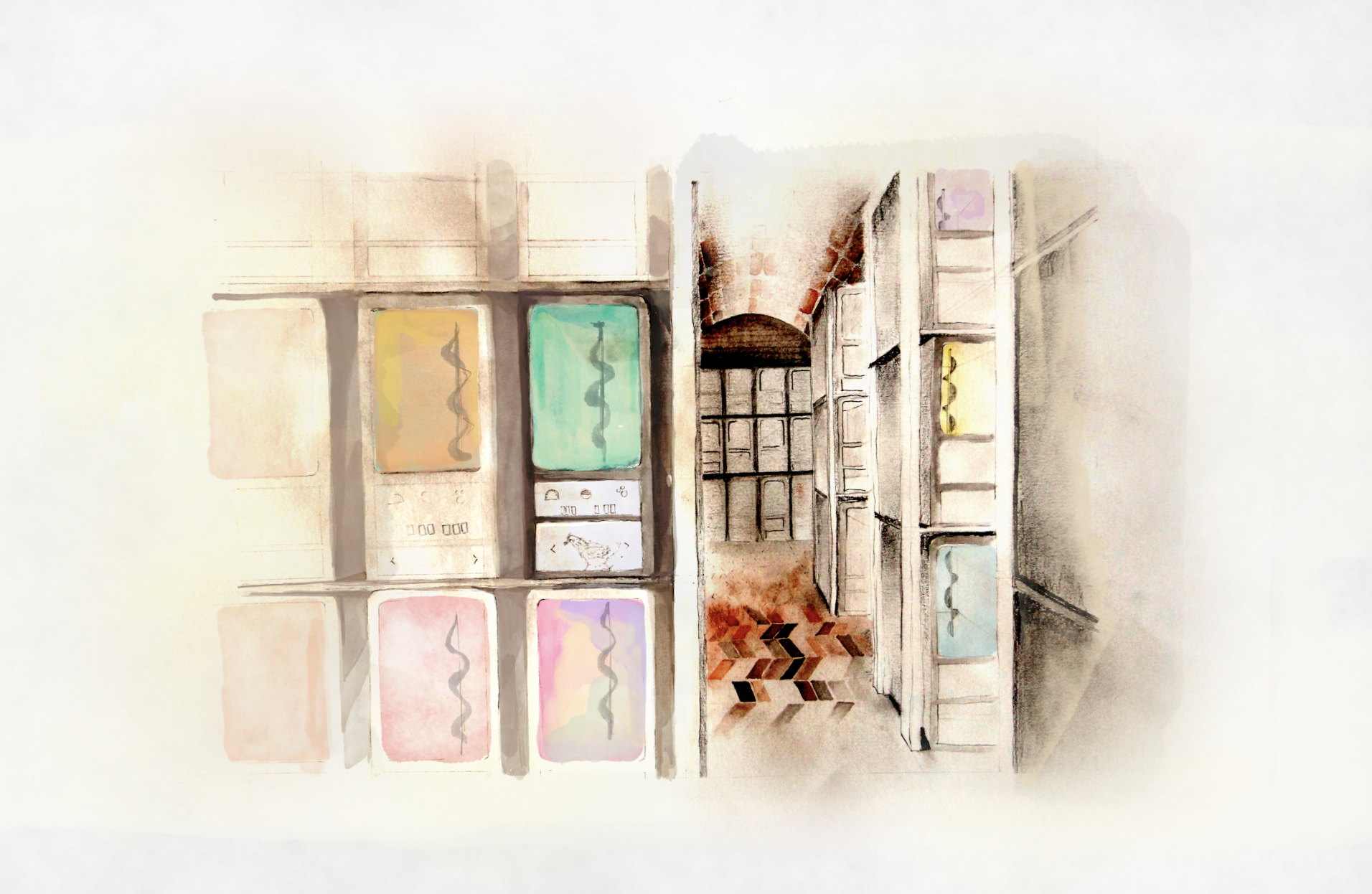
Culina
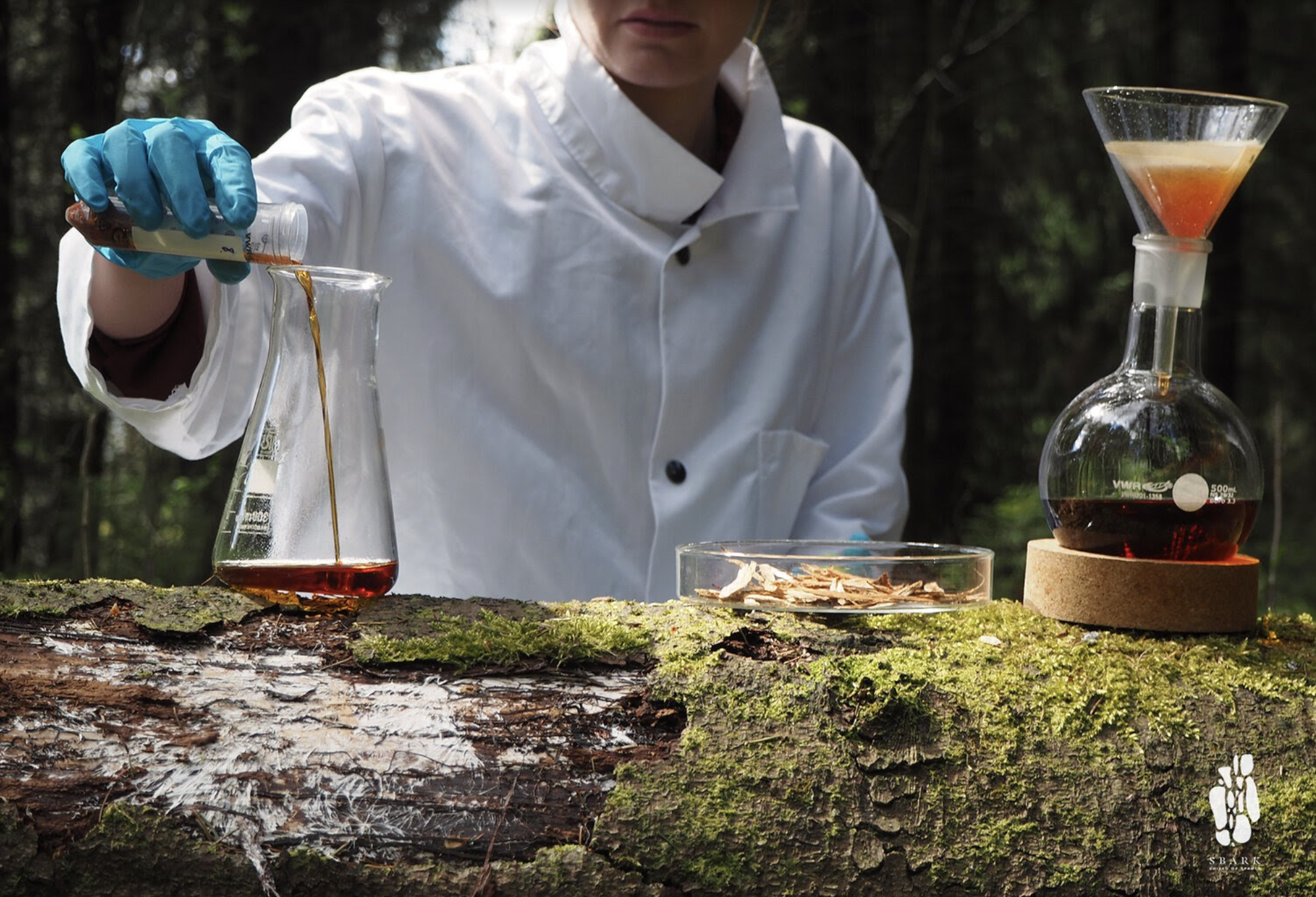
SBARK - Shield of Spruce
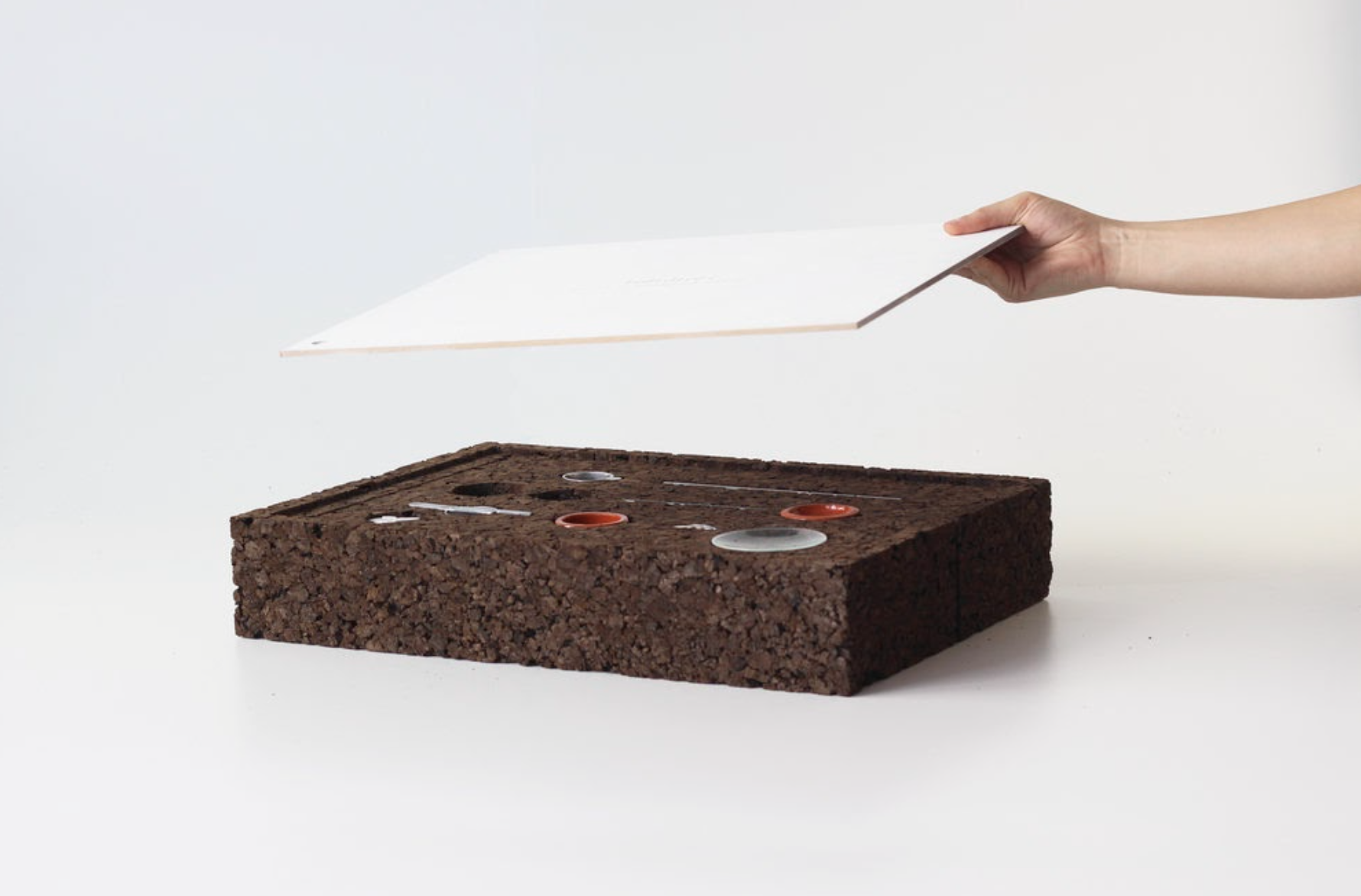
Minima
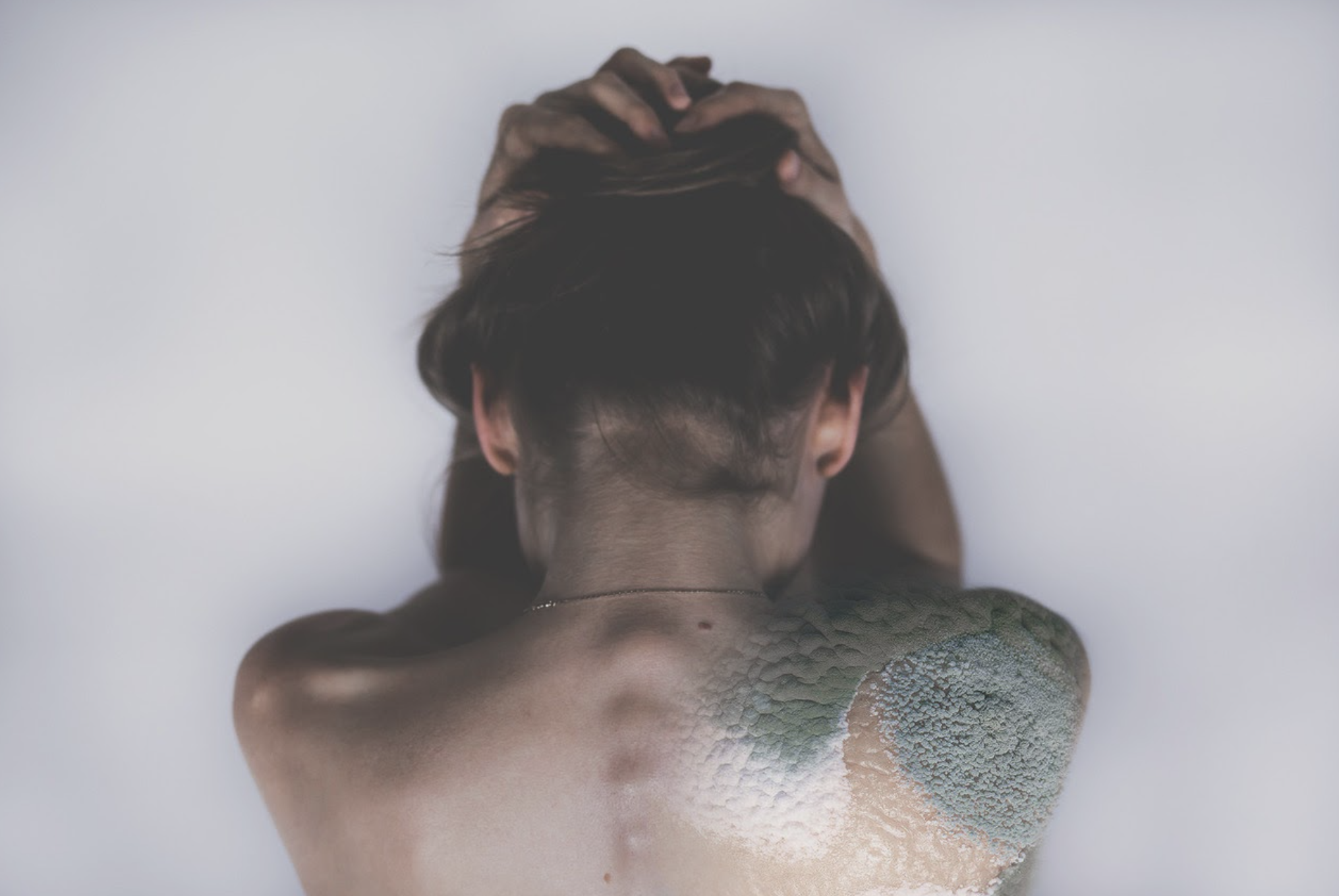
Cyanobiome

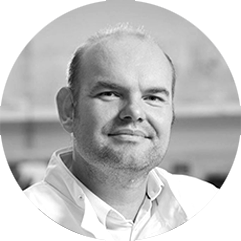
Martyn Dade-Robertson

Meng Zhang

Daniel Grushkin

Brenda Parker

Marcos Cruz

Carolina Obregón
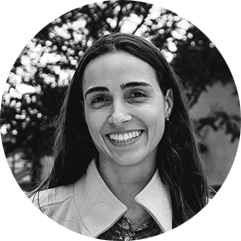
Giovanna Danies Turano

Svenja Keune
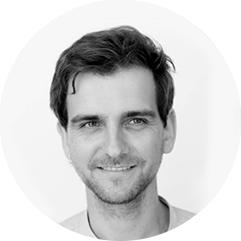
Clemens Winkler
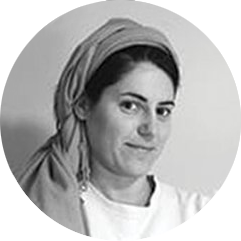
Anastasia Pistofidou

